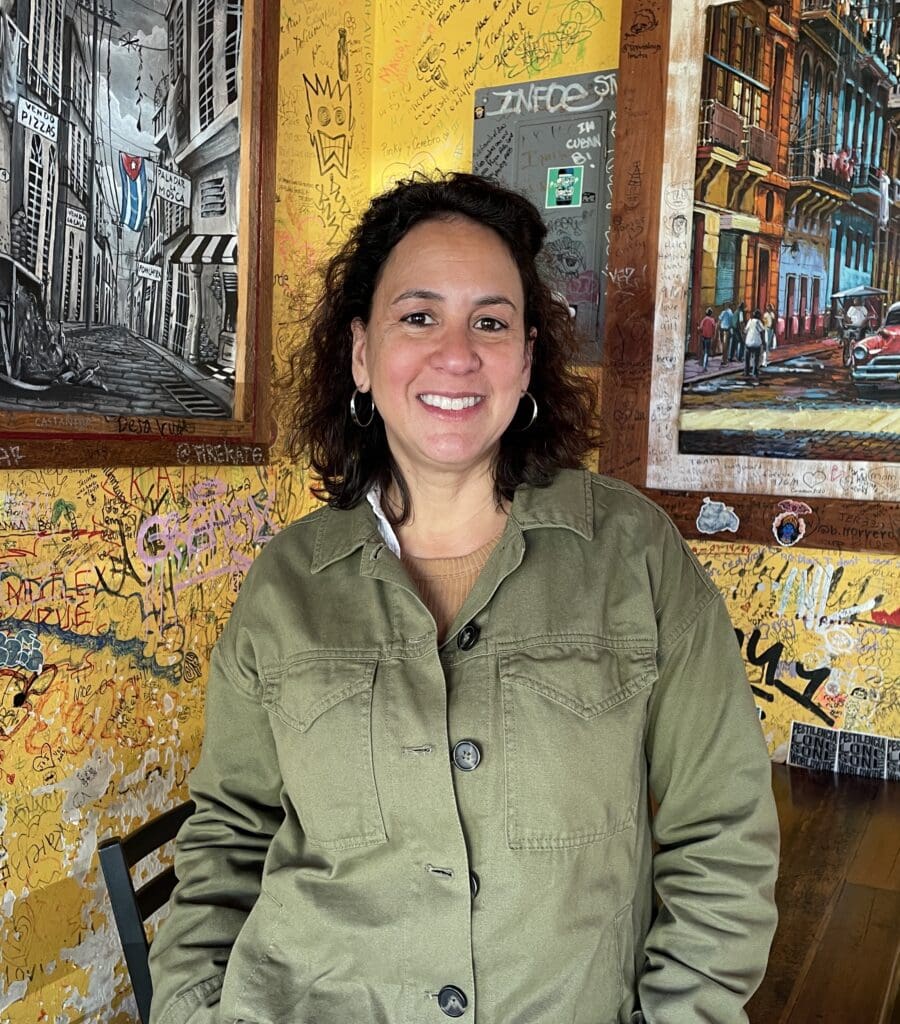
Spring is here, and it’s an exciting time of year as we look forward to the promise of new growth and possibilities!
New opportunities for growth for the students we serve are constantly on the minds of boards of education and legislatures, who are tasked with incorporating new areas of curriculum that are proposed by academic leaders, industry, and the community at large. The challenge is that while new subjects are added, we seldom hear within the conversation what in the curriculum will be replaced, despite the fact that the instructional day and year remains the same. At the end of the day, this burden is shouldered by teachers, principals and district leaders who have to figure it out.
This is not to say that new areas of learning, such as computer science, civics, and financial literacy, should not be taught. They should! Rather, the holistic conversation about what students need to know today so that they reach their full potential needs to be framed by a pedagogical approach that excites them about new knowledge, innovations, discoveries and the welfare of humanity. One thing that educators know for sure is that students who have a healthy appreciation for themselves and their own cultural heritage are better equipped to learn, grow, and become the leaders of tomorrow.
Enter stage right…ethnic studies!
A number of states are making progress towards ensuring that all children graduate high school having completed an ethnic studies course. In a peer group where more than half of all students come from a non-white ethnicity, our children are growing up in a world where they are faced with more diversity and benefit from an ability to think critically about issues like race, equity, and heritage. Within the U.S. public education system that has been slow to recognize the dominance of White cultural veneration in so many aspects of our curriculum, we can see clear evidence that providing students with the opportunity to explore their own cultural experience and build empathy and awareness for other’s contributes to better graduation and college-going outcomes.
Are you interested in learning more? I’m excited to share an early artifact from our Policy Leadership Platform – an AI generated policy brief on ethnic studies and graduation requirements focused on current trends and past history.
This month I am also thrilled to introduce our featured superintendent, Sandy Husk, who is currently serving as the interim superintendent of Portland Public Schools in Oregon and has had a lifelong commitment to equity and inclusion. Sandy brings over 30 years of experience as an educator and leader, with previous roles as Superintendent of Salem-Keizer Public Schools and Chief Executive Officer of AVID. Her deep expertise in instructional leadership, equity, and systems change, position her well to lead Oregon’s largest school district through this time of transition. I look forward to sharing more of Sandy’s insights and perspectives in this issue.
Saludos,
Christina

